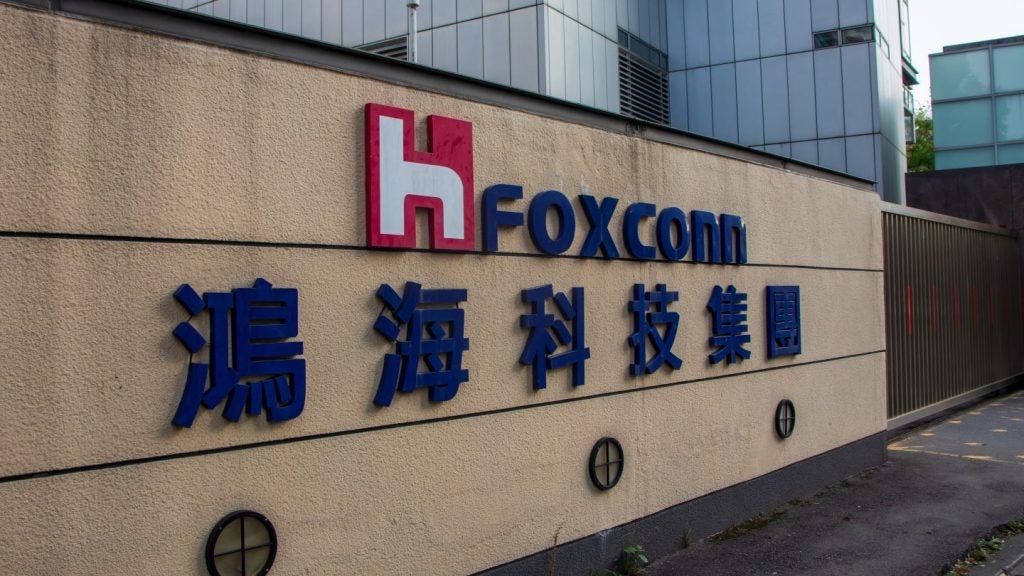The US government has banned Huawei for cybersecurity concerns in their 5G infrastructure, encouraging the UK to follow suit.
Earlier this year, the US government lobbied heavily to stop Huawei entering the US market, claiming that Huawei and ZTE devices may be used for spying purposes.
New Zealand recently became the third country to ban Chinese telecom firm Huawei following accusations of spying and maintaining links to the Chinese military and government.
Now the Chinese company has been branded as a security risk, Canada, Germany and the UK have been advised to follow suit by the US and ban the company. However, Huawei has already signed a 5G contract with the network ‘Three’ in the UK and is conducting tests with Vodafone and EE, making such a move difficult.
There is a genuine prospect the UK will be the only remaining major country to allow Huawei to deliver 5G data. Smart city sensors, self-driving cars and communications will all be dependent upon such data.
Given the competitiveness of rivals, the UK government should entertain ditching Huawei in favour of an alternative option.
How well do you really know your competitors?
Access the most comprehensive Company Profiles on the market, powered by GlobalData. Save hours of research. Gain competitive edge.

Thank you!
Your download email will arrive shortly
Not ready to buy yet? Download a free sample
We are confident about the unique quality of our Company Profiles. However, we want you to make the most beneficial decision for your business, so we offer a free sample that you can download by submitting the below form
By GlobalDataChinese companies are legally tied with government objectives, which raise important safety questions
Chinese law states “organisations shall … support, co-operate with and collaborate in national intelligence work”. Some Chinese companies have been reported as having been placed under pressure to provide information when requested.
Founder, Ren Zhengfei, was a former engineer in the Chinese army, and joined the Communist Party in 1978. Such links to the state party through the CEO has made foreign governments nervous about becoming closely involved with the company.
The benefits for China clear as access to telecommunications systems will simplify a potential security breach. The US government and others are believed to be concerned about handing over a unique advantage in terms of spying, disrupting communications and future military operations.
Huawei is not taking enough notice of previously identified UK shortcomings
In June, an official watchdog monitoring Huawei’s UK presence reported that it could only provide “limited assurance” all risks to national security from their involvement in British networks had been “sufficiently mitigated”.
The highly unusual public reminder acknowledged issues within engineering processes which highlighted ‘new risks in the UK’s telecommunications network’.
It appears the public reminder was more of a polite warning to the Chinese government against the company, particularly after the public outcry from the United States.
The UK should look elsewhere for 5G
5G will not just become a faster network; it will be able to facilitate huge advancements in all forms of technology. A security breach could cause widespread economic damage, stopping train services and disrupting energy services.
With Ericsson, Intel and HPE all looking to promote the technology, there are evidently lower risk options for the UK to explore.
In a time of political uncertainty, the UK shouldn’t undermine their security for the sake of being a leading country in the 5G revolution.









Related Company Profiles
EE Ltd
Intel Corp